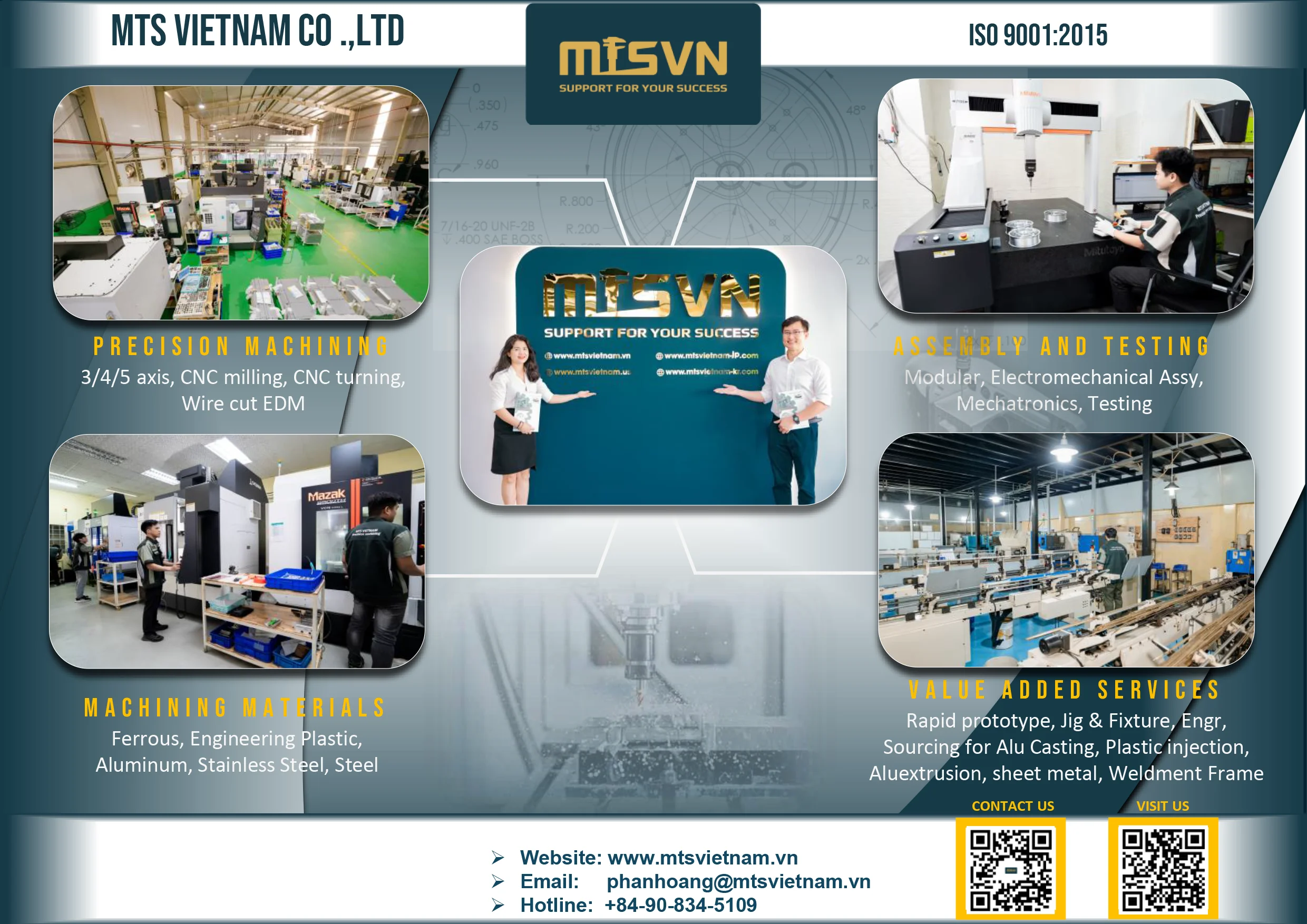Introduction
In the realm of precision mechanics, where every micron can influence the functionality and durability of a product, efficiency in production is not just about speed—it's about maximizing output without compromising quality. Program services, which include sophisticated software and automated systems, play a crucial role in this process. This article explores how program services significantly enhance productivity in the field of precision mechanics, providing substantial benefits to manufacturing operations.
The Role of Program Services in Enhancing Productivity
Program services encompass a range of technological solutions, including Computer-Aided Design (CAD), Computer-Aided Manufacturing (CAM), Enterprise Resource Planning (ERP), and Product Lifecycle Management (PLM). These tools are integral to streamlining various phases of the manufacturing process, from initial design to final production and quality control. By integrating these services, manufacturers in precision mechanics can achieve higher throughput and better resource utilization.
Benefits of Enhanced Productivity Through Program Services
- Faster Time-to-Market: Speed is a competitive advantage in any industry. Program services streamline the design and production processes, allowing companies to develop and manufacture products faster. This rapid turnaround helps companies meet market demands promptly and capitalize on new opportunities.
- Reduced Operational Costs: Enhanced productivity means more efficient use of resources. Program services automate routine tasks and optimize production workflows, which minimizes labor costs and reduces the potential for costly errors and reworks. This leads to a direct reduction in operational expenses.
- Scalability: Advanced software systems provide the flexibility to scale operations up or down without significant additional costs. This scalability is crucial for adapting to changing market demands and expanding business operations without disrupting existing workflows.
- Improved Resource Allocation: ERP systems, a component of program services, enable precise control over inventory, human resources, and production schedules. This optimized resource allocation ensures that every aspect of the production process is properly equipped and timed, minimizing downtime and bottlenecks.
- Continuous Improvement: Many program services include analytical tools that collect data on production efficiency and process outcomes. This data is invaluable for ongoing process improvement, helping companies refine their operations to achieve even greater productivity.
How Program Services Achieve These Benefits
- Automation: Many repetitive and time-consuming tasks are automated through program services, freeing up skilled workers to focus on more critical aspects of the production process.
- Integration: By integrating various stages of the manufacturing process, program services ensure a seamless flow of information across departments. This integration helps in quick decision-making and reduces delays caused by miscommunication or data silos.
- Precision and Accuracy: Advanced CAD and CAM systems enhance the precision of the manufacturing process, reducing the rate of errors and the need for manual corrections, which can be time-consuming.
- Real-Time Monitoring and Control: Modern program services often include real-time monitoring features that allow managers to oversee production processes closely and make immediate adjustments as needed.
Challenges and Future Directions
While program services offer significant productivity enhancements, they also come with challenges such as the need for significant initial investment, the complexity of integrating new systems with existing processes, and the ongoing need for employee training. As technology evolves, future advancements in AI and machine learning are expected to further enhance these systems, making them more intuitive and integrated with fewer inputs from human operators.
Conclusion
The benefits of enhanced productivity brought by program services in precision mechanics are transformative, enabling companies to produce more efficiently and effectively. As these technologies continue to evolve, they promise to drive even greater advancements in manufacturing processes, keeping companies at the forefront of innovation and operational excellence in the highly competitive field of precision mechanics.
MTS Vietnam is a prominent company specializing in precision mechanical components fabrication. Established in 2017, it has quickly become a reputable name in the Vietnamese and Southeast Asian markets. The company's expertise lies in CNC milling and turning parts made from a variety of materials, including Aluminum, Steel, Stainless, POM, and other engineering plastics. MTS Vietnam is dedicated to supporting the success of its customers and strives to be a leading company in the field of precision mechanical processing both in Vietnam and internationally.
In addition to its fabrication services, MTS Vietnam offers assembly services for components and machines, as well as CNC program services. This comprehensive range of services is aimed at providing optimal solutions and benefits to its customers through the company's ecosystem and strengths. MTS Vietnam emphasizes the importance of investing in new technology and quality control equipment to ensure that it can deliver merchandise at competitive prices and within the required deadlines.
WORKSHOP: 248/10 ĐT743A Street, Binh Thung 1 Quarter, Dong Hoa Ward, Ho Chi Minh City, Vietnam
Tel/zalo/viber: 0908.345.109
Email: phanhoang@mtsvietnam.vn | info@mtsvietnam.vn
Website: www.mtsvietnam.vn (Global Market) | www.mtsvietnam-jp.com (日本)
For USA Sales, please contact MTS USA at:
Tel/zalo/viber: 978-777-1716
Email: sales@mts-usasales.com
Website: www.mtsvietnam.us (US Market)







